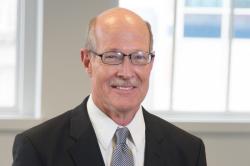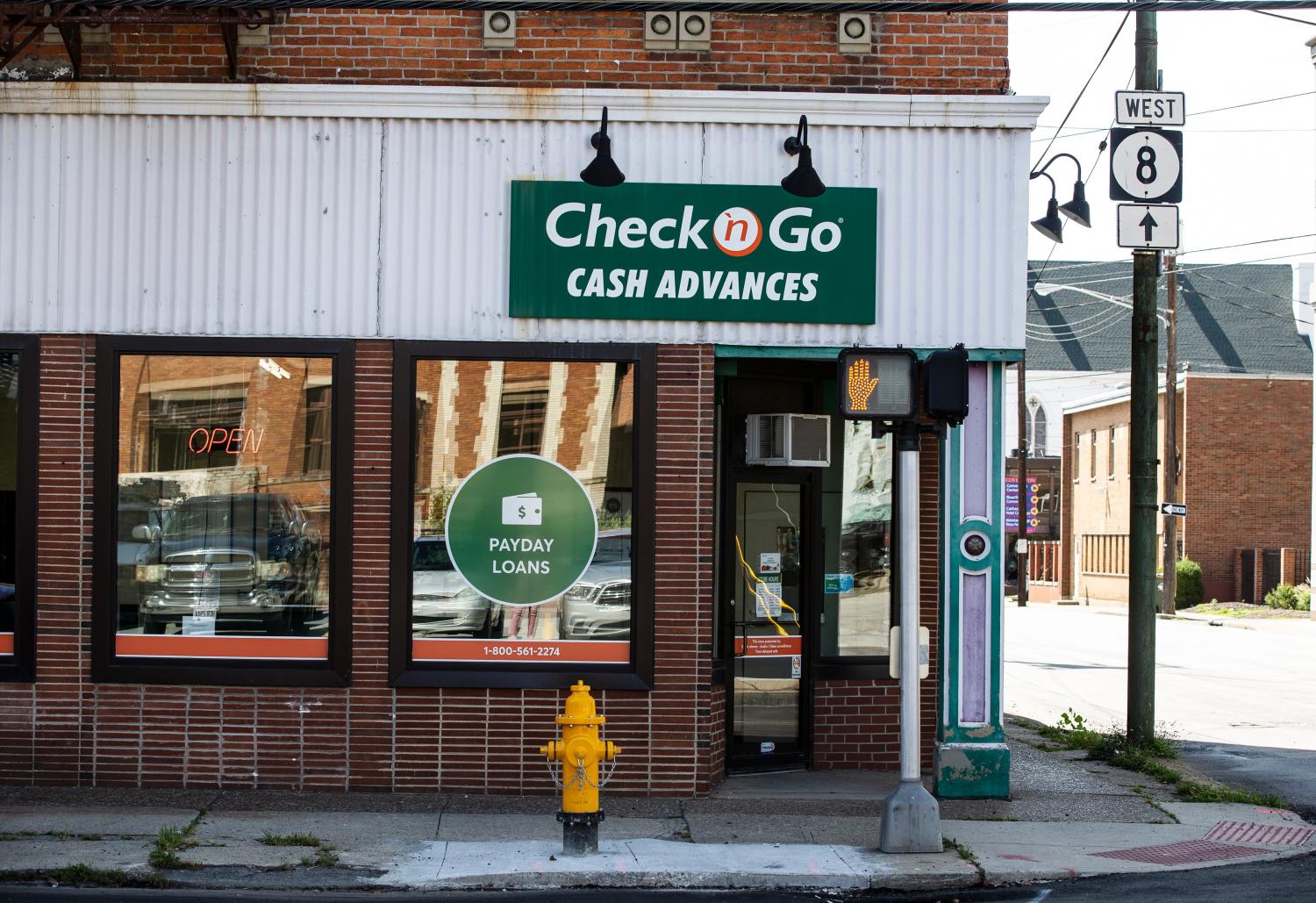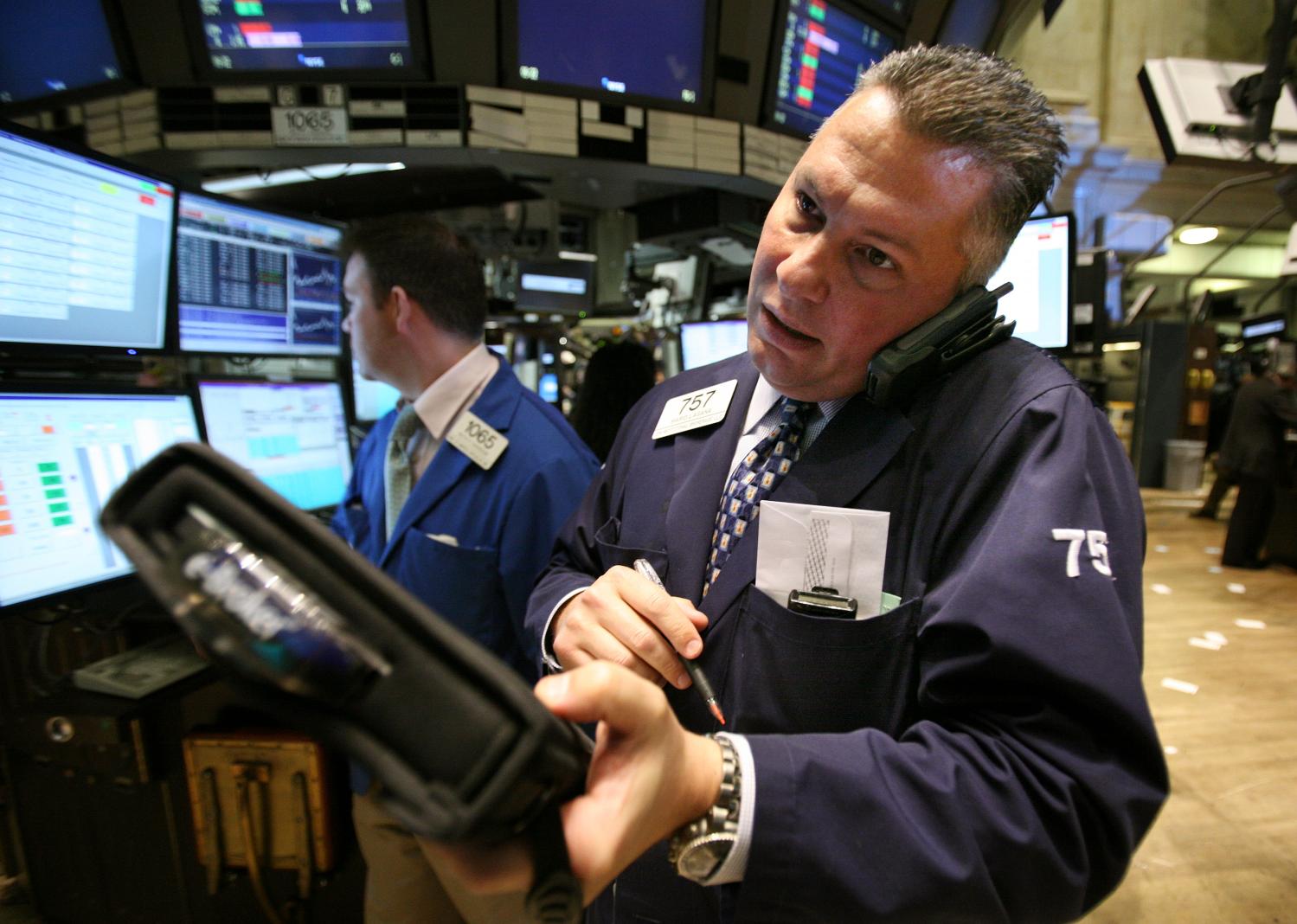This report is part of the Series on Financial Markets and Regulation and was produced by the Brookings Center on Regulation and Markets.
In 2016, South Dakota passed a ballot resolution by a large margin limiting consumer loan interest rates to 36%. Payday lenders in the state, which were widespread, [1] had previously charged up to 574% interest. A new report The Sky Doesn’t Fall: Life After Payday Lending in South Dakota from the Center for Responsible Lending (CRL) examines the impact of the resolution, finding that while payday lenders closed operations in the state, other lenders continued to offer unsecured consumer loans with increases in the volumes of these loans, and the 36% rate cap remains very popular with voters.
Prior to passage of the resolution, payday loans of around $350 were typically structured as two-week loans, due on the borrowers’ next payday. The borrower provides a post-dated check as security, and is usually required to give the lender access to debit her bank account to collect the loan. Ostensibly set up as a two-week loan, borrowers most often end up unable to repay the loan in two weeks. Consequently, lenders roll over the loans, with borrowers ending up in an average of ten loans per year. These strings of loans produced over 75% of the payday lenders’ total revenue of $81 million a year in South Dakota. Further, analysis of court records found numerous examples of borrowers paying thousands of dollars of interest and fees on loans after borrowing less than $500.[2]
After multiple failed legislative attempts at reform, South Dakotans put the issue to the ballot. A campaign led by community and faith groups, conservative and liberal leaders, and supported by consumers and community development lenders in Native American communities, resulted in South Dakota passing their 36% cap on payday loans, making them the 15th state to enforce a rate cap in that range, and the fourth state to pass such a cap by ballot measure. The ballot initiative passed in 2016, by 76% of the vote – a wider margin than President Trump who carried the state with 61.5%.
Following the November 15, 2016 effective date of the resolution, payday lenders chose to stop originating new loans rather than make them under the resolution’s interest limits. This ending of payday lending in the state saved $81 million in interest and fees annually that would have been collected on new loans if high-cost payday lending had continued in the state.
Passage of the ballot referendum did not authorize new types of consumer credit, leaving consumers with the same options available in the nearly one third of the country that does not permit high-cost payday loans. What happened to the South Dakota credit market since passage of the resolution illustrates the dynamics of the modern small dollar credit market. Unsecured loans and payday alternative loans (PAL) made by credit unions, subject to 18% and 28% interest rate cap, respectively, have increased in volume. CRL’s report finds that:

Native Community Development Financial Institutions, which, before the cap passed, were often busy helping clients break free of the payday lending debt trap through low-cost consolidation loans, are now able to free more resources to help build small businesses, increase home ownership and build credit in the communities they serve.[1]
Finally, South Dakota Republican primary voters were polled in 2018 to determine their assessment of the 36% rate cap after several years of experience. Support for the provision remained extremely strong. Statewide, 77%[2] of these Republican primary voters would oppose South Dakota lawmakers reversing the ballot resolution, and 58%[3] would be less likely to vote for a candidate who allowed payday lenders to charge a rate higher than 36%.
Congress has pending several bills that would set a federal interest rate limit on consumer loans. One limit already in law applies to active members of the military and their family members—the Military Lending Act. Passed in 2006, it limits interest and fees on most consumer loans to 36%. One of the bills, the Veterans and Consumers Fair Credit Act, would extend these protections to all consumers. Senator Sanders (I-VT) also has a bill that would cap rates at 15% interest.[4] The experience of South Dakota evidences strong consumer support for these types of measures and that concerns over buyers’ remorse should rates be capped are overblown.
The authors did not receive financial support from any firm or person for this article or from any firm or person with a financial or political interest in this article. They are currently not an officer, director, or board member of any organization with an interest in this article.
The Brookings Institution is committed to quality, independence, and impact.
We are supported by a diverse array of funders. In line with our values and policies, each Brookings publication represents the sole views of its author(s).





